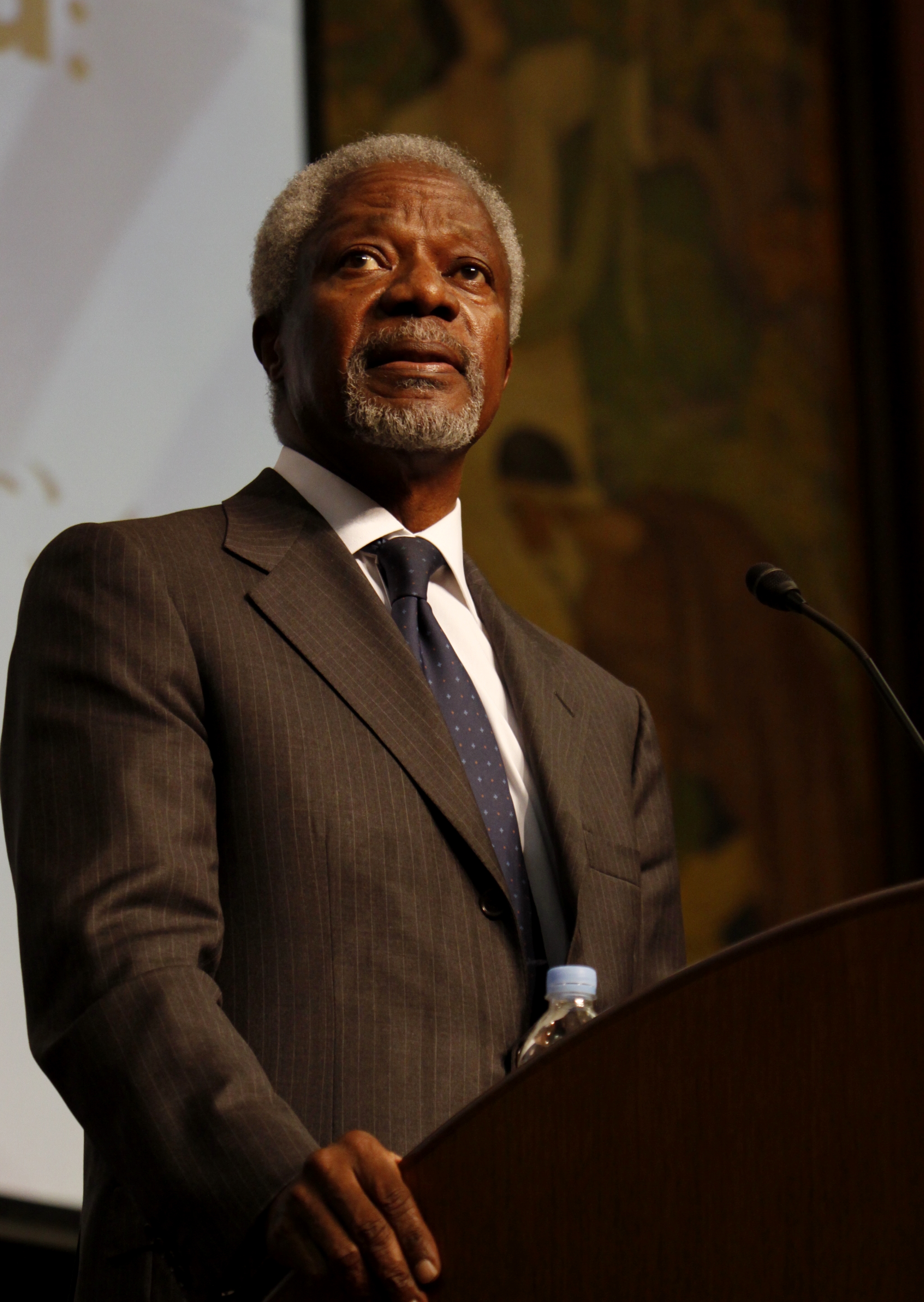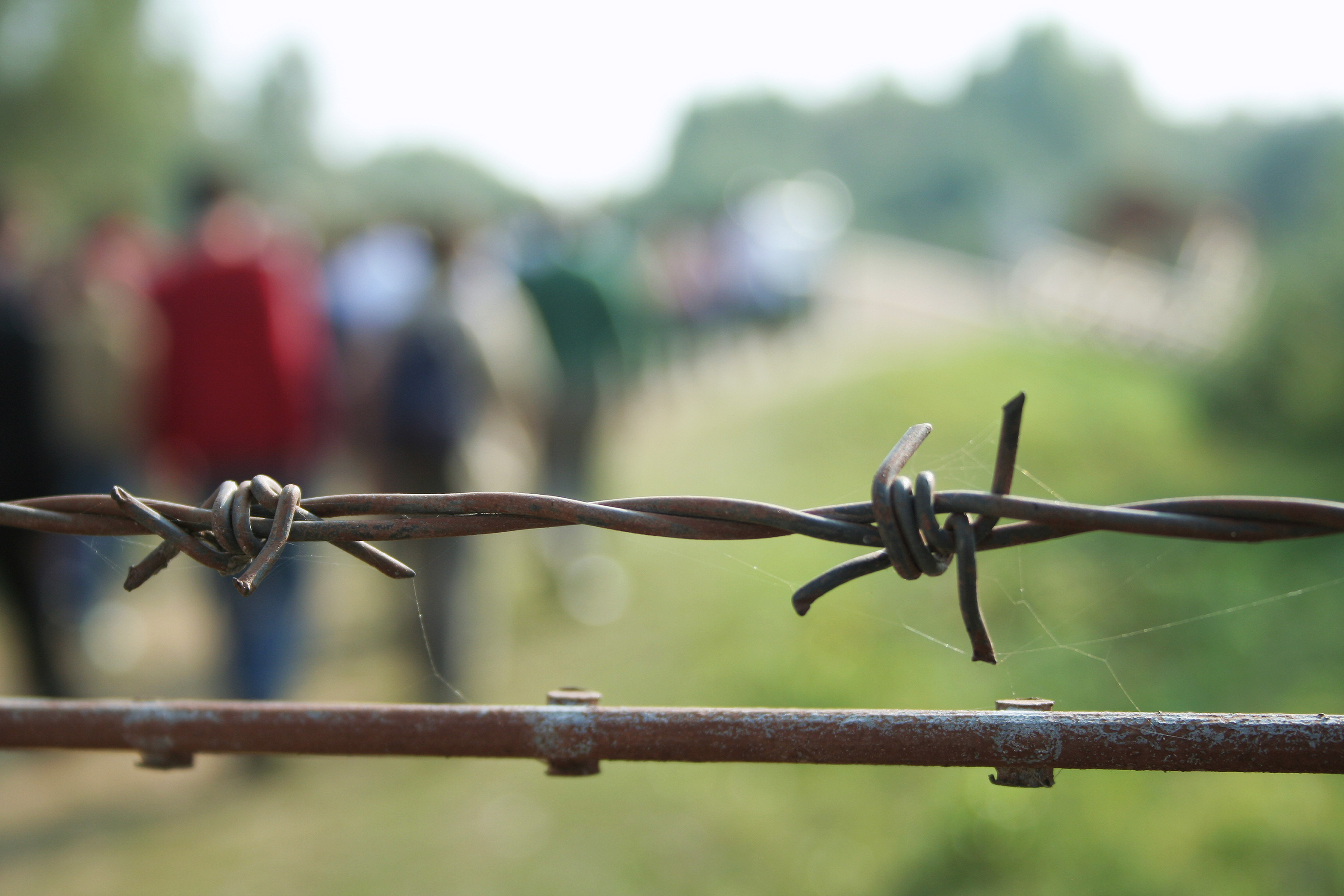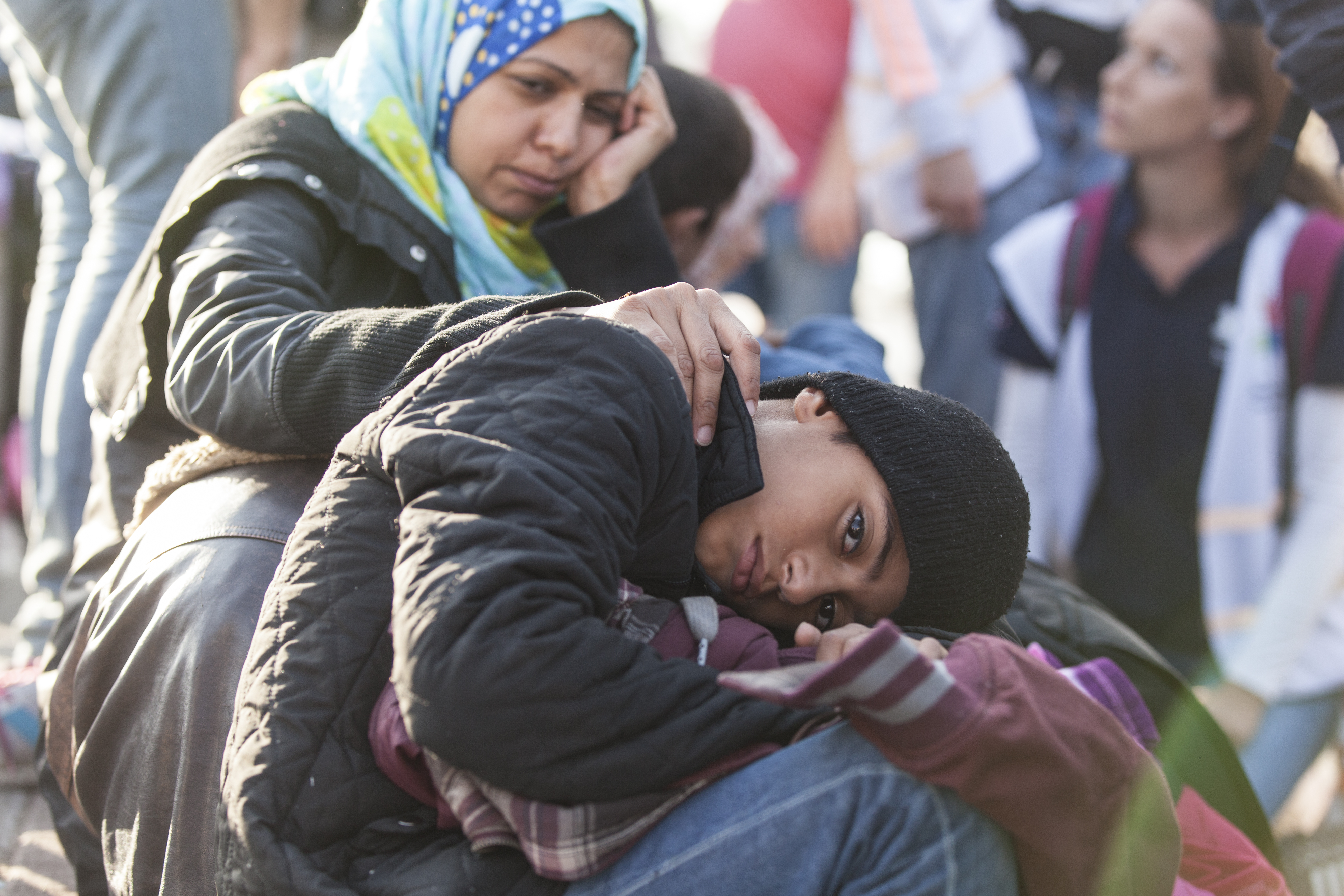UNSC Briefing on the Advisory Commission on Rakhine State – Remarks by Kofi Annan
UNSC Briefing on the Advisory Commission on Rakhine State – Remarks by Kofi Annan, 13 October 2017
Thank you Ambassador Delattre and Ambassador Rycroft for the opportunity to brief the Council Members, Member States, UN agencies and our partners in civil society on the work of the Advisory Commission on Rakhine State.
The Commission – which was established at the behest of Myanmar’s State Counsellor – was launched on 5 September 2016. It was given one year to carry out its work. I am pleased to say that the Commission, which was made up of six Myanmar nationals and three international members, worked in a consensual style. This enabled us to find agreement on the most troubling issues that afflict Rakhine State. We consulted widely in Rakhine State as well as nationally and with Myanmar’s international partners. The Commission visited Rakhine State on several occasions for local consultations.
Just seven weeks have passed since my fellow Commissioners and I presented our final report and recommendations to the government of Myanmar. We did so with cautious optimism and the hope that our work could put an end to the recurring cycles of violence, poverty and radicalisation that have blighted the lives of the people of Rakhine State. Instead, we have watched with growing apprehension and dismay as the northern part of the State has again plunged into violence and chaos. I am especially distressed and appalled by the plight of the hundreds of thousands of people – mainly Muslims – who have fled their homes.
Our Commission received its mandate in a very different context from the one prevailing today. However, I join you today to assert my firm belief that the recommendations of the Advisory Commission – if implemented in the spirit in which they were conceived – can still serve as a solid framework for achieving lasting peace in Rakhine. Before I discuss those recommendations, allow me to briefly contextualise our work and provide an overview of the approach the Commission adopted in pursuing its mandate.
The establishment of the Commission reflected the recognition and concern of the State Counsellor Daw Aung San Suu Kyi that the situation in Rakhine was untenable, and that a new approach and fresh ideas were urgently needed. The Commission was tasked with providing recommendations to achieve lasting peace in Rakhine, and we had the freedom to look at any and all issues we deemed necessary. These included the central questions of socio-economic development, human rights, inter-communal tension and reconciliation, as well as institution building. We also examined the historical context that has created the challenges that Rakhine State now faces.
Two recurring themes of conflict dominate the State’s history: first, the conflicted relationship between the people of Rakhine and the central government, and second, the tense and sometimes violent relations between the Rakhine and Muslim communities living in the State. The first stems from the fact that Rakhine State – separated from the rest of Myanmar by a rugged chain of mountains – was for most part of its history a distinct political entity. The second arises from the inter-communal conflict between the Rakhine and the Muslims communities, which is a clash of irreconcilable narratives that ignore the grievances and fears of the other community. While we address and acknowledge the impact of this complex history, my fellow Commissioners and I agreed that we would be forward-looking and strongly emphasise that all communities should move beyond entrenched historical narratives.
At the launch of the Commission the State Counsellor challenged us to be bold, an encouragement which informed the crafting of both our interim report of March, 2017 and the final report of August, 2017. Our interim report sought to identify immediate steps to improve the situation following the attacks on members of the security forces in October 2016 and the subsequent operations by the Myanmar army and police. These attacks and the aftermath underscored and complicated our task, but also reinforced our determination to find durable solutions to the instability and insecurity in Rakhine. Our final report built on the interim report to provide a comprehensive set of recommendations aimed at achieving lasting peace and prosperity.
Let me highlight some of the central issues we have addressed in those reports.
First, poverty is pervasive amongst both Rakhine and Muslim communities in the State and diminishes everyone’s expectation of a better life. The Commission therefore included recommendations to address the low levels of socio-economic development in the State, including the limited access to essential basic services and livelihood opportunities.
Second, we were aware that questions of citizenship verification, freedom of movement and documentation are at the heart of the frustrations of Muslims, and are also of profound concern to the Rakhine population. Our recommendations called, therefore, for an intensification and acceleration of the citizenship verification process. We also called for a legal process to review the 1982 citizenship law, which falls short of international standards in several respects.
Third, in both the interim and final report, we called on the government to prepare a comprehensive strategy towards closing all IDP camps in Rakhine State and to cooperate with international partners to ensure that return/relocation is carried out in accordance with international standards.
Fourth, we made several recommendations to enhance intercommunal dialogue and reconciliation and to reduce the tension among the communities of Rakhine State. This is a critical step for Rakhines and Muslims alike. Only in this way can they break out of the hostility that leads to the conflict and despair that has devastated their lives for so long.
Fifth, the report provides recommendations on border security and bilateral cooperation with Bangladesh. The security and economic prospects of both countries will benefit from better relations and cooperation, the importance of which has been underscored by events subsequent to the launch of our report.
Finally, we made several recommendations connected to the improvement of the security of all communities in the State. These included steps relating to the training, professionalization, structure and composition of security forces.
Equally importantly, we recognised the threat posed from potential radicalisation, and highlighted the limits of a purely security response in Rakhine. Instead, we called for a calibrated response that combines political, developmental, security and human rights approaches that address the root causes of violence and reduce inter-communal tensions.
We presented the final report to the Union President and to the State Counsellor of Myanmar. Both welcomed the report and stressed their readiness to quickly act to implement its recommendations. However, it was noted that taking action on the 1982 citizenship law would be challenging in the current political climate. We also met with the Commander-in-Chief and the military leadership, who expressed some reservations about the report. We had a frank exchange and we were able to incorporate some of their suggestions of a factual nature. The High Command objected in particular to the Report’s reference to the autonomy of the military part of the Myanmar government, which in the view of the Commission, made the search for a coherent and harmonized policy to Rakhine State more challenging. Nevertheless, we stressed that the report must reflect the views of the Advisory Commission members.
Since the launch of our report, the government has established a ministerial committee which is responsible for acting on our recommendations, as well as those produced by the National Investigation Commission led by the Vice-President. I met recently with the Union Minister for Social Welfare, Relief and Resettlement who chairs the ministerial committee. He informed me that the Committee has met several times; it has developed a work plan and relevant ministries have identified the concrete steps and policies that are necessary. The government has also announced its intention to form an advisory group, which will include international experts, to support the Committee, which I also welcome. The group’s specific terms of reference and composition have not been announced. However, I hope that the inclusion of members of the international community will facilitate greater cooperation between Myanmar and its international partners on the way forward for Rakhine.
I urge the Government of Myanmar and its international partners to work in concert to mobilise resources to rapidly implement the key recommendations, especially those that will have an impact on health and education and improve employment prospects. Yesterday, the State Counsellor also launched a new mechanism – the “Union Enterprise for Humanitarian Assistance, Resettlement and Development in Rakhine”. As I understand, this mechanism will invite both civil society, the business sector and other stakeholders to participate in efforts to improve the situation in Rakhine.
Tragically, in the wake of the attacks on the security forces on August 25th and the subsequent clearance operations launched by the Myanmar security forces, hundreds of thousands of Muslims have fled across the border to Bangladesh. There has also been displacement of Hindus and Rakhine Buddhists. These developments have radically altered the situation on the ground. I fully agree, therefore, with the Secretary-General that the immediate priorities must be the ending of violence, provision of humanitarian relief, securing renewed access to affected populations and the protection of civilians. The repatriation of those who have recently crossed the border will require significant support and sustained cooperation between the Governments of Bangladesh and Myanmar and the international community. The repatriation process needs to be properly planned. All efforts should be made to ensure that refugees are able to return voluntarily and in dignity, and allowed and helped to rebuild their lives in Rakhine State.
Much needs to be done to generate the necessary trust: The Muslims of Rakhine have for long suffered from discrimination, and remain the largest stateless community in the world. However, the early implementation of the recommendations of the Advisory Commission could facilitate repatriation, which should begin without prolonged delay. Implementation of our recommendations could help to stabilize the situation and address the humanitarian crisis. To facilitate the return, a comprehensive registration of all new arrivals should be undertaken urgently in Bangladesh. We must acknowledge, however, that many will be reluctant to return to their homes until significant improvements are made, particularly relating to the security of all communities in Rakhine, the resumption of basic services and the revival of livelihood opportunities.
In the longer-term I believe that our report, which has been endorsed by the government and widely welcomed by Myanmar’s partners, international humanitarian and development agencies, and multilateral organisations, can serve as the basis for a road map to sustainable peace in Rakhine. The report also provides a basis for renewed engagement and dialogue between the government of Myanmar and the international community on Rakhine. I urge the Myanmar government and the people of Rakhine to take full advantage of this opportunity for closer collaboration. For Myanmar, resolving the crisis in Rakhine is an urgent task: First and foremost, to improve the lives of the Rakhine and Muslim communities in the state. But also to provide the space for the Government of Myanmar to address the many other pressing challenges in the country.
We should remember that Myanmar is a country going through a difficult transition, emerging from over five decades of military rule. If not addressed properly, the Rakhine crisis threatens to undermine recent progress. The duality of Myanmar’s government structure – which gives significant autonomy to the armed forces – complicates efforts to find durable solutions to the Rakhine crisis. All branches of the government need to work together to find a peaceful way forward. There is a long road to travel before the rights of all communities in Rakhine are assured. Nevertheless, if the Government of Myanmar, the communities in Rakhine and the international community can work in concert to put the well-being of the people of Rakhine first, we can overcome this terrible crisis, and chart the way to a better future for all.
Thank you.



